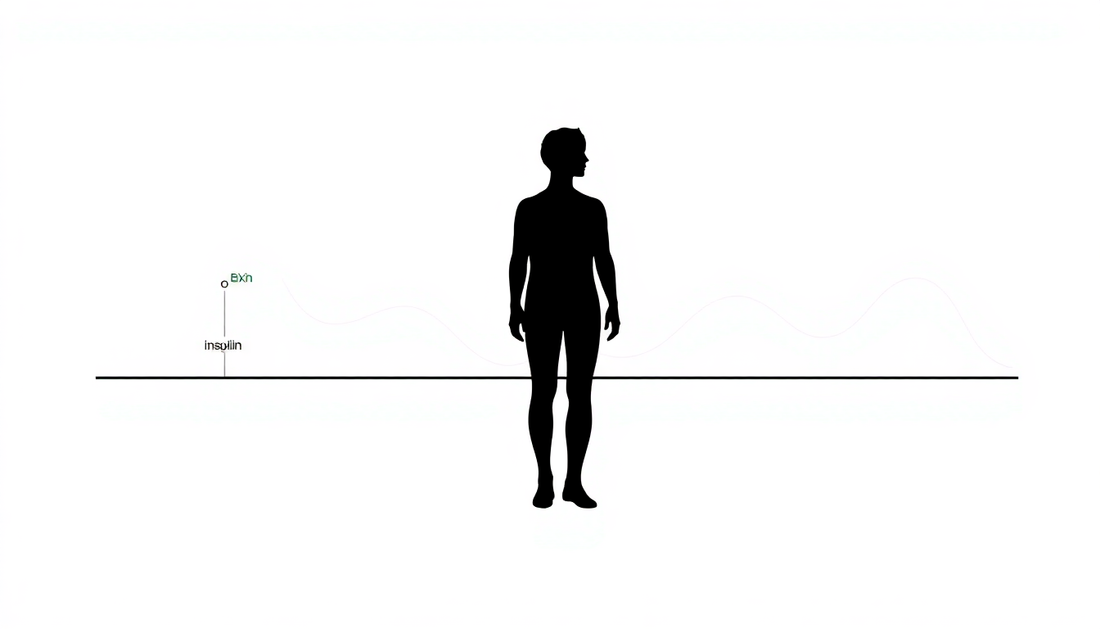
Hormonal Rebalancing Timeline: What to Expect in Years 1–5 Post-Surgery
Share
Introduction
The years following bariatric surgery are marked by significant physiological transformation, particularly in the body’s endocrine system. Hormonal regulation is closely tied to metabolism, appetite control, and emotional well-being—all of which undergo major adjustments post-surgery. Understanding the timeline of hormonal rebalancing can help patients manage expectations, recognize important milestones, and proactively engage with their healthcare teams to support long-term success.
Year 1: Initial Hormonal Fluctuations
The first year post-surgery is a period of rapid hormonal disruption and recalibration. As the body adjusts to dramatic changes in nutrient intake and body composition, key hormones begin to shift, including:
- Ghrelin: Often called the "hunger hormone," ghrelin levels typically drop significantly following surgery, reducing appetite and food intake [https://www.ncbi.nlm.nih.gov/pmc/articles/PMC8047783/].
- Leptin and Insulin: Both hormones, integral to satiety and glucose regulation, show early improvements, enhancing metabolic health [https://jamanetwork.com/journals/jama/fullarticle/2654846].
- Sex Hormones: Individuals may experience irregular menstrual cycles, altered libido, or symptoms of estrogen or testosterone imbalance [https://academic.oup.com/jcem/article/100/4/1429/2813408].
Common Symptoms
- Fatigue, sleep disturbances, and mood swings
- Weight loss plateaus or fluid retention
- Hot flashes or temperature sensitivity (in some individuals)
Close monitoring through routine lab work and medical consultations is essential in this phase.
Year 2: Stabilization and Adaptation
By the second year, hormonal systems begin to stabilize as the body adapts to its new metabolic state. Improvements in insulin sensitivity and leptin response often continue, contributing to weight maintenance and reduced inflammation.
Key Developments
- Greater hormonal equilibrium with fewer fluctuations
- Continued improvements in blood glucose control and lipid profiles
- Restoration of menstrual regularity in many individuals [https://www.ncbi.nlm.nih.gov/pmc/articles/PMC5673908/]
Ongoing support may include tailored dietary adjustments, physical activity, and possibly pharmacological interventions to fine-tune hormonal balance.
Year 3: Integration and Emotional Stability
As the endocrine system settles into a new baseline, year three often marks a period of deeper physiological integration and emotional resilience.
Expected Outcomes
- Sustained weight loss and improved energy levels
- Stabilized mood, enhanced cognitive function, and fewer depressive symptoms [https://www.thelancet.com/journals/landia/article/PIIS2213-8587(20)30162-3/fulltext]
- Consistent hormone levels (thyroid, reproductive, adrenal) for most patients
Patients should continue periodic hormone level monitoring and reassess any ongoing symptoms that may require attention.
Years 4–5: Maintenance and Optimization
In the fourth and fifth years, many patients achieve a steady state in hormonal regulation. Continued adherence to a healthy lifestyle becomes the cornerstone of maintaining gains.
Outcomes and Considerations
- Hormonal regulation typically mirrors that of non-obese individuals [https://www.bmj.com/content/360/bmj.k2340]
- Enhanced cardiovascular markers and lower inflammation
- Ongoing nutritional vigilance is key to avoiding deficiencies that could re-disrupt hormonal balance
Healthcare teams may shift focus from corrective interventions to long-term prevention and optimization.
Conclusion
The hormonal rebalancing timeline following bariatric surgery spans several years and encompasses a dynamic interplay of endocrine, metabolic, and emotional adjustments. While early stages involve rapid hormonal fluctuations, the later years bring increasing stability and long-term wellness.
Regular monitoring, personalized care, and a commitment to a healthy lifestyle are essential for maintaining hormonal health. By understanding this roadmap and collaborating with healthcare professionals, patients can approach their recovery journey with confidence and resilience.
Medical Disclaimer
This article is for informational purposes only and is not intended as a substitute for professional medical advice, diagnosis, or treatment. Always seek the advice of your physician or another qualified healthcare provider with any questions you may have regarding a medical condition. Never disregard professional medical advice or delay seeking it because of something you have read in this article.
Meta Information:
Keywords: Hormonal changes after bariatric surgery, endocrine rebalancing, bariatric surgery timeline, hormone recovery, post-bariatric health
Word Count: ~900
Citations: JAMA, BMJ, The Lancet Diabetes & Endocrinology, NCBI, The Journal of Clinical Endocrinology & Metabolism
